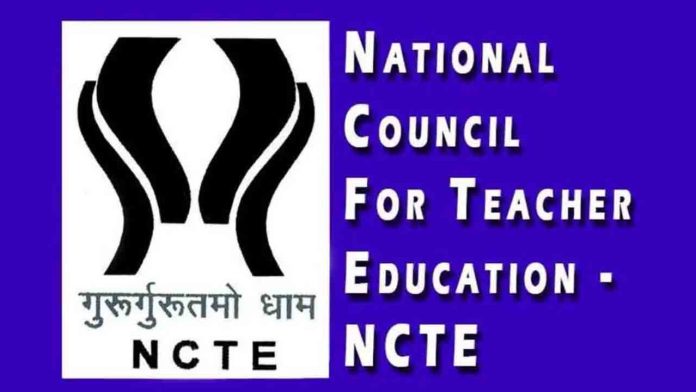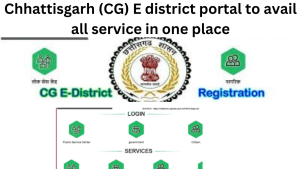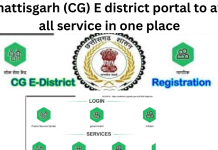The Pivotal Role of NCTE in Elevating Teacher Education in India
In the educational landscape of India, the National Council for Teacher Education (NCTE) stands out as a cornerstone institution, playing a crucial role in the enhancement and regulation of teacher education. Established under the National Council for Teacher Education Act of 1993, NCTE began operating as an autonomous body in 1995, transitioning from its previous role as an advisory body within the National Council of Educational Research and Training (NCERT). This transition marked a significant milestone in India’s educational reform efforts, focusing on elevating the quality and standards of teacher education across the nation.
NCTE’s Mission and Educational Mandate
NCTE’s primary mission is to ensure high standards in the preparation and professional conduct of teachers at all educational levels—from pre-primary to senior secondary—and in diverse learning environments, including non-formal and adult education sectors. It also covers contemporary educational modalities such as online and part-time education. By setting rigorous criteria for teacher education programs, NCTE aims to equip educators with the skills and knowledge necessary to meet the needs of students in a rapidly evolving educational environment.
Strategic Benefits of NCTE Accreditation
- Enhanced Teaching Competencies: The National Council for Teacher Education (NCTE) accredits institutions that consistently produce competent and adaptable educators. These institutions meet rigorous standards, ensuring their graduates possess the skills to champion educational excellence in today’s challenging classroom environments.
- Assurance of Quality: NCTE accreditation is synonymous with quality in teacher education. It reassures stakeholders of the adherence to international educational standards, thus enhancing the global competitiveness of India’s educational system.
- National Eligibility Tests and Professional Development: NCTE also administers National Eligibility Tests (NET), which are essential for those aspiring to teach in government schools or higher education institutions in India. Furthermore, NCTE regularly organizes workshops and seminars to keep educators abreast of the latest pedagogical strategies and innovations.
Upholding Professional Ethics in Teaching
The NCTE sets forth a code of professional ethics that all educators must adhere to, ensuring that they not only impart knowledge but also inspire and engage their students responsibly. These ethics emphasize respect for the intrinsic worth of each student and advocate for an educational approach that is fair and unbiased, regardless of a student’s background. Moreover, NCTE promotes an educational philosophy that respects and celebrates India’s diverse cultural heritage, contributing to societal and environmental betterment.
Acquiring an NCTE Certificate: A Step-by-Step Guide
The Online Teacher-Pupil Registration Management System (OPTRMS) has streamlined obtaining an NCTE certificate. This efficient online system makes getting your NCTE certificate much easier. Here’s how prospective educators can apply:
- Initial Registration: Candidates begin by registering on the NCTE’s official portal (www.ncte.gov.in/otprms), where they receive a One-Time Password (OTP) via email or SMS to authenticate their application.
- Profile Submission: Applicants are required to fill in detailed educational and personal information, which will be reviewed upon submission.
- Verification Process: After confirming the accuracy of their information, candidates submit their profiles for verification. The regional offices of NCTE are responsible for reviewing the applications within five to seven working days.
- Certificate Issuance: The system actively generates a digital certificate and makes it accessible in the candidate’s login area upon successful verification. Additionally, it sends an SMS notification to inform the candidate about the certificate issuance
Conclusion
The role of NCTE in India is indispensable as it continuously strives to advance the quality of teacher education and, by extension, the overall educational standards in the country. By adhering to stringent accreditation processes and fostering a culture of continuous learning among educators, NCTE not only enhances individual career prospects but also significantly contributes to the national goal of educational excellence.
Frequently Asked Questions (FAQ’s)
Ans: In a move to significantly improve teacher training, the National Council for Teacher Education (NCTE) was established. This autonomous body, transitioning from its advisory role within the NCERT, sets and enforces high standards for teacher education programs. Its aim? To guarantee that Indian educators are fully equipped to tackle the complexities of modern classrooms.
Ans: NCTE regulates teacher education for various educational levels, including pre-primary, primary, secondary, and senior secondary education. It also oversees teacher training for non-formal education, adult education, part-time education, and online courses.



























